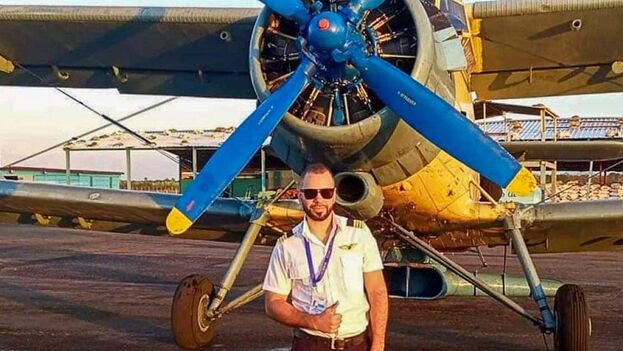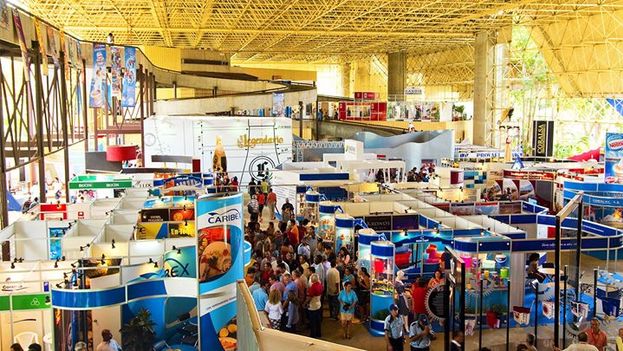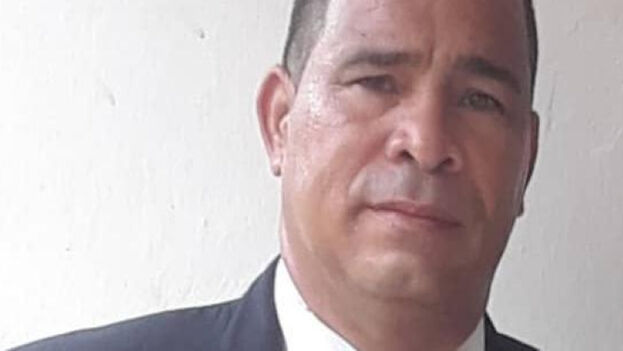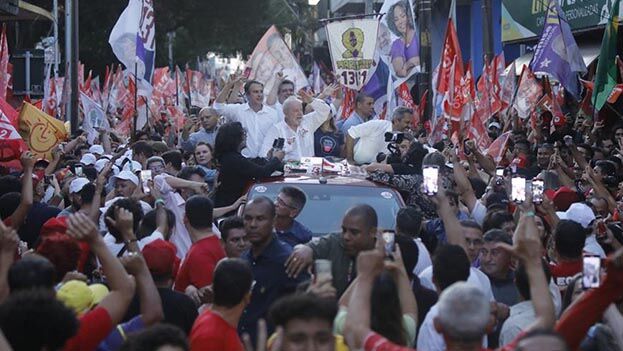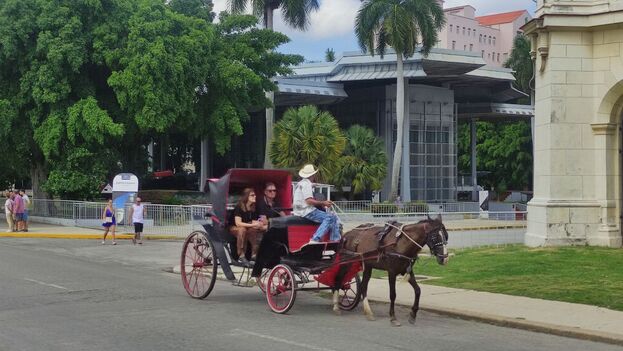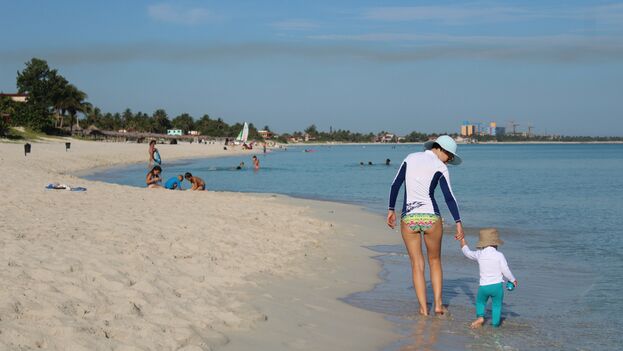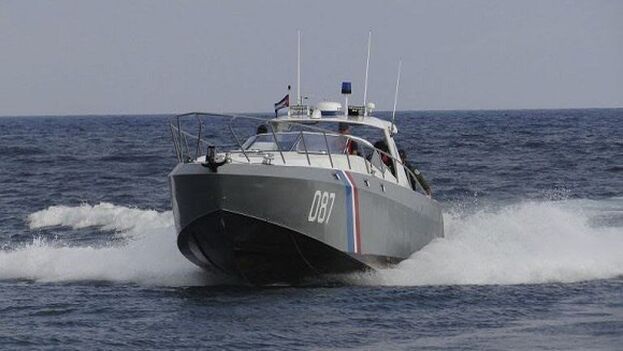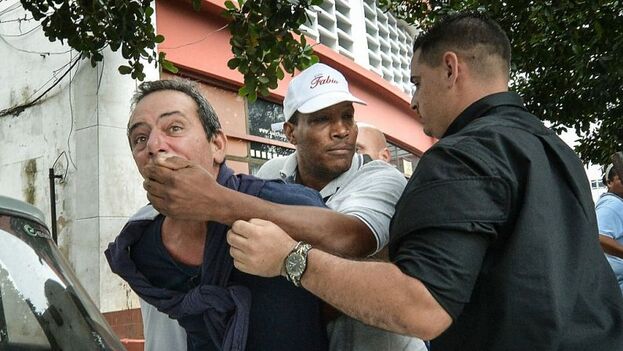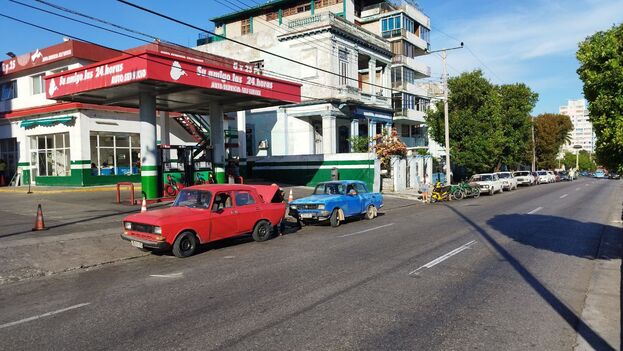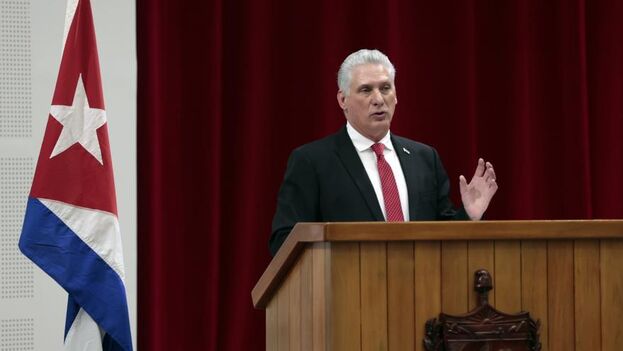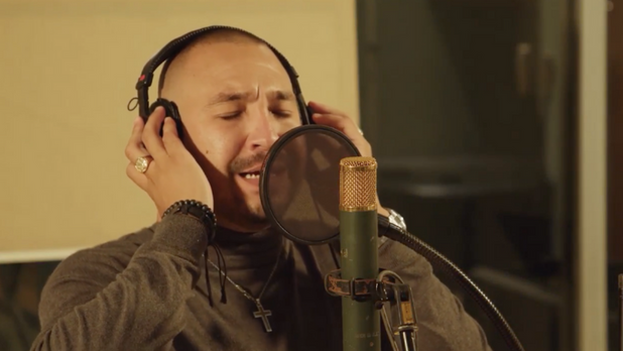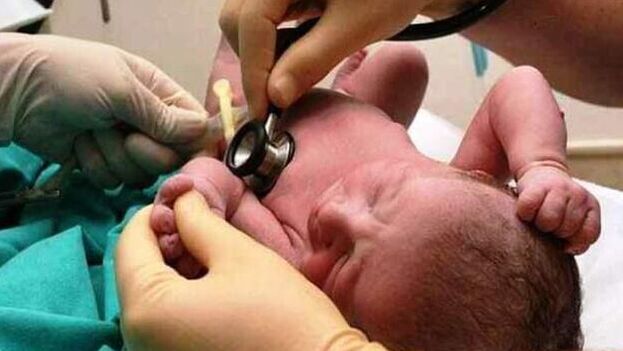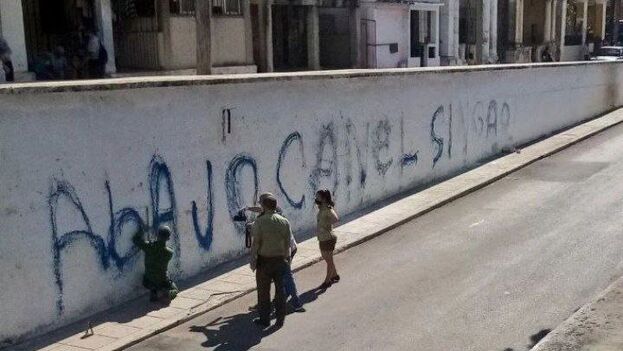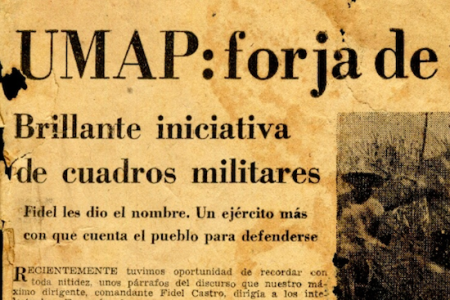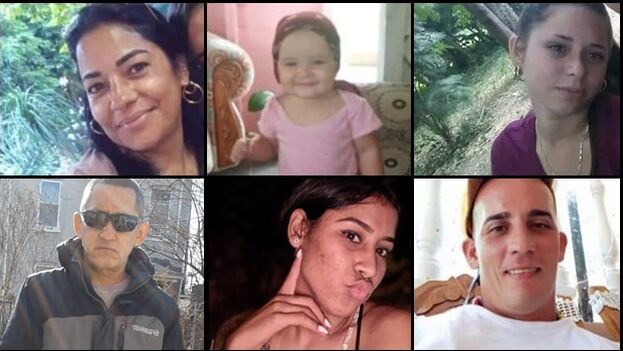
![]() 14ymedio, Madrid, 31 October 2022 — There are now six* fatalities from the sinking of a boat by Cuban border guards last Friday. As reported on Sunday by La Hora de Cuba, the most recent one identified is Indira Serrano Cala, only 18 years old and originally from Guane, Pinar del Río.
14ymedio, Madrid, 31 October 2022 — There are now six* fatalities from the sinking of a boat by Cuban border guards last Friday. As reported on Sunday by La Hora de Cuba, the most recent one identified is Indira Serrano Cala, only 18 years old and originally from Guane, Pinar del Río.
An anonymous source told the independent Camagüey media that there was a vigil over the body of the motherless young woman, in that same town yesterday afternoon.
This Sunday they also identified another of the deceased, Yerandy García Meizoso, whose body was found a few kilometres away, reported Mario J. Penton from Miami.
The other victims are Nathali Acosta Lemus, Omar Reyes Valdés (the boat driver), Aimara Meizoso León and the little girl Elizabeth Meizoso, only two years old.
Meanwhile, the Foundation for Human Rights in Cuba (FDHC) has included two officers from the Border Guard Troops on its list of repressors for being responsible for what it considers a “cold-blooded murder.” continue reading
In a statement made public this Sunday, the NGO based in the United States confirmed the names of the other deceased, none of whom had been mentioned by the Cuban authorities, who have not offered their condolences for what they consider a “painful act” that occurred because of the “hostile and cruel policy of the US Government against Cuba.”
Raidel Rodríguez López, head of Operations of the Northwestern Detachment of Border Guards, which covers the Bahía Honda area, Artemisa, where the events took place on the night of October 28, and Lieutenant Colonel Leovanys Cutiño Rodríguez, chief of the General Staff of the same detachment, have also joined the list of repressors.
Both are named by the FDHC as responsible for these “murders,” after attacking a boat with 23 people on board. The survivors, the organization recalls, “say that they were sunk on purpose.”
The NGO also attributes responsibilities in this event to General Jorge Argelio Samper Muarra, in charge of the Head of Border Guard Troops of the Ministry of the Interior since 2017, and to Colonel Jorge Luis Navarro Nolasco, head of the Northwest Detachment of the same police force, both previously on the list of repressors.
The two are guilty by the positions they occupy, “for several acts of violence by the troops under their command against Cuban balseros [rafters] on rustic boats, endangering their lives or causing them injuries and even death.”
The story also confirms that this is just another crime against humanity perpetrated in cold blood in the solitude of the sea by the communist regime,” argues the FDHC, which mentions several similar tragedies, such as the bombing of civilians aboard the XX Aniversario boat on the Canímar River, in July 1980; the sinking of the 13 de Marzo tugboat on July 13, 1994, which resulted in 37 dead, including 10 children, and the death of William Padrón Maza, from Avila, on March 1 of this year, from serious injuries received after being rammed by the Cuban Border Guard Troops 11 miles from Cayo Coco, when he was in a speedboat that was stranded.
In its document, the NGO reports that “eye-witness accounts by dozens of survivors attest to the fact that the border guards systematically attack them in the boats that carry men, women and children in their attempt to escape from hell.” It’s a “cruel method of preventing irregular exits by sea,” says the FDHC, which is being carried out “especially now, when the regime doesn’t want anyone leaving that way.”
That was the reason, the NGO concludes, for the “brutal repression” at the end of August in the Artemiseño hamlet of El Cepem, where several residents were prevented from going to sea on rustic boats: “They lie when they blame the Cuban Adjustment Law, when they know that those who are intercepted at sea are repatriated.”
Translator’s note: As of the date of this translation, the number has continued to rise.
Translated by Regina Anavy
____________
COLLABORATE WITH OUR WORK: The 14ymedio team is committed to practicing serious journalism that reflects Cuba’s reality in all its depth. Thank you for joining us on this long journey. We invite you to continue supporting us by becoming a member of 14ymedio now. Together we can continue transforming journalism in Cuba.

